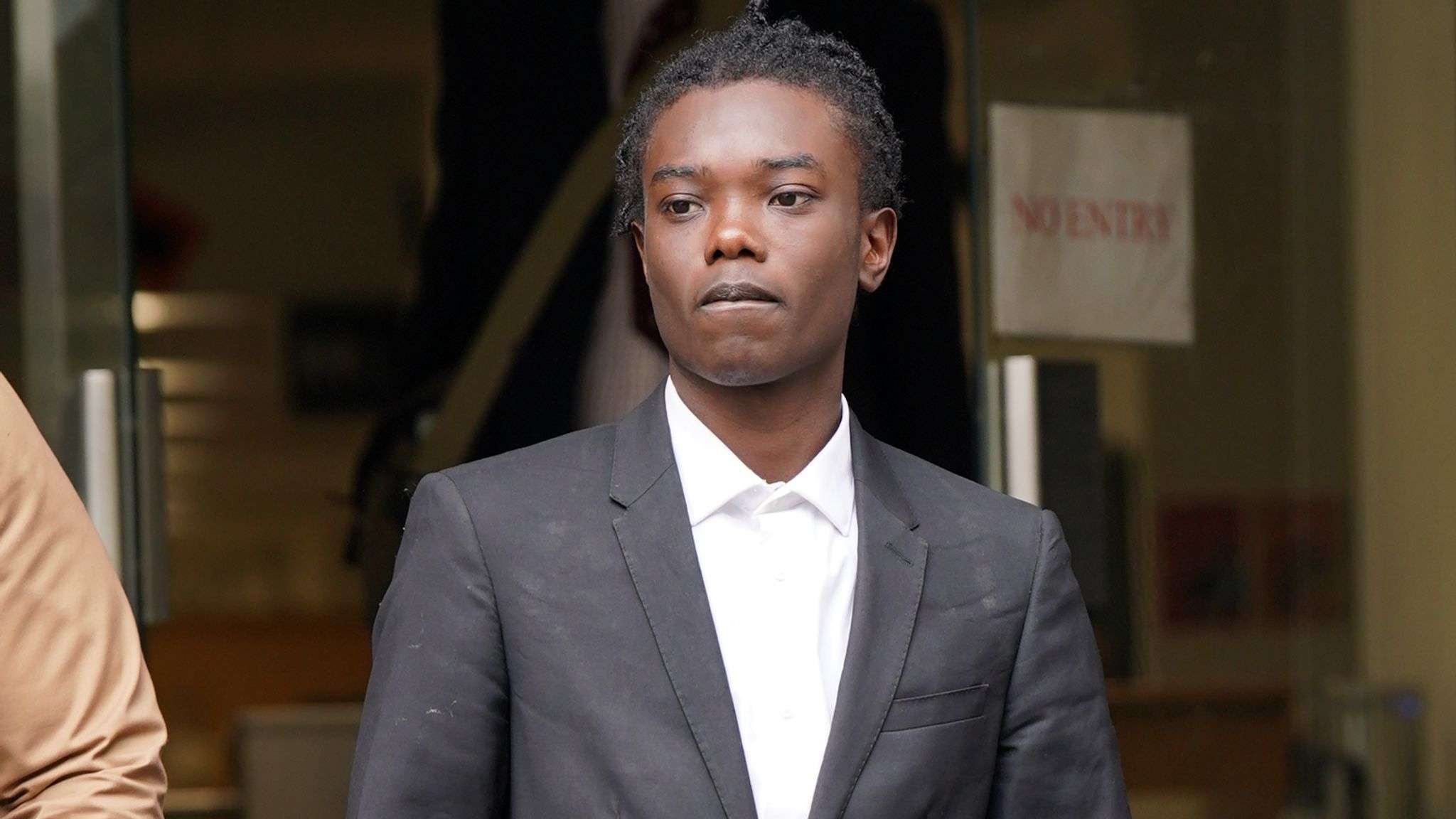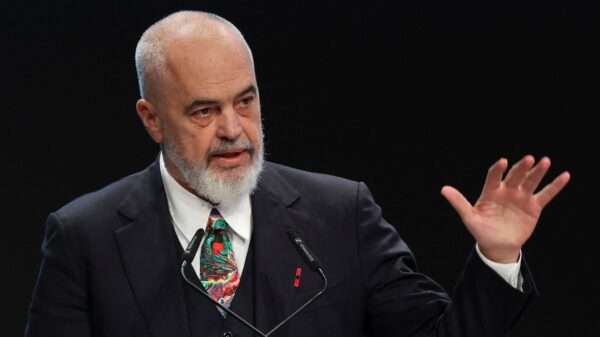In a case that has stirred debate over social media behavior and legal boundaries, TikTok prankster Mizzy has been sentenced to a community order following a series of controversial pranks. The sentencing comes as a response to his disruptive and often unsettling antics, which garnered millions of views but also sparked public outrage and legal scrutiny.
Mizzy, whose real name is Bacari-Bronze O’Garro, rose to fame on TikTok for his daring and often provocative prank videos. His content, which included entering strangers’ homes uninvited and other stunts designed to shock and disturb, quickly went viral. While Mizzy amassed a large following, his actions drew significant criticism for crossing ethical and legal lines.
The most contentious prank involved Mizzy entering a private residence without the owners’ permission. This particular video, which showed him casually walking into a family’s home and sitting down, was widely condemned for its blatant disregard for privacy and personal boundaries. Other pranks included interrupting public events and causing disturbances in commercial settings.
Mizzy’s pranks eventually caught the attention of law enforcement. After multiple complaints from the public and those directly affected by his antics, he was charged with several counts of criminal trespassing and public nuisance. During the trial, the prosecution argued that his behavior was not only unlawful but also created unnecessary fear and distress among his victims.
In his defense, Mizzy’s legal team contended that his actions, while misguided, were intended as harmless fun and a means of gaining social media fame. They emphasized his lack of previous criminal history and his willingness to make amends.
The court, however, found Mizzy’s actions to be reckless and harmful. The judge sentenced him to a community order, which includes 200 hours of unpaid community service and mandatory participation in a rehabilitation program aimed at educating him about the consequences of his actions. The court also imposed restrictions on his use of social media, requiring him to seek approval before posting any new content online.
The sentencing of Mizzy has sparked a broader conversation about the influence of social media and the responsibility of content creators. While some argue that the punishment is fair and necessary to deter similar behavior, others believe it highlights the need for clearer guidelines and education on responsible content creation.
Many social media users and influencers have weighed in on the case, with some defending Mizzy’s right to free expression and others condemning his lack of consideration for public safety and personal privacy. The incident has also prompted discussions about the role of social media platforms in regulating content and the potential need for stricter enforcement of community guidelines.
Following the sentencing, Mizzy issued a public apology, acknowledging the distress his pranks had caused and expressing a commitment to changing his approach to content creation. He stated that his intention was never to cause harm and that he has learned valuable lessons from the experience.
“I understand now that my actions were inappropriate and hurtful,” Mizzy said. “I am committed to making amends and using my platform more responsibly moving forward.”
The case of Mizzy serves as a cautionary tale for social media influencers and content creators. It underscores the importance of considering the potential impact of one’s actions on others and the legal and ethical responsibilities that come with a large online following. As social media continues to evolve, this incident highlights the ongoing need for a balance between creative expression and respect for societal norms and laws.









































